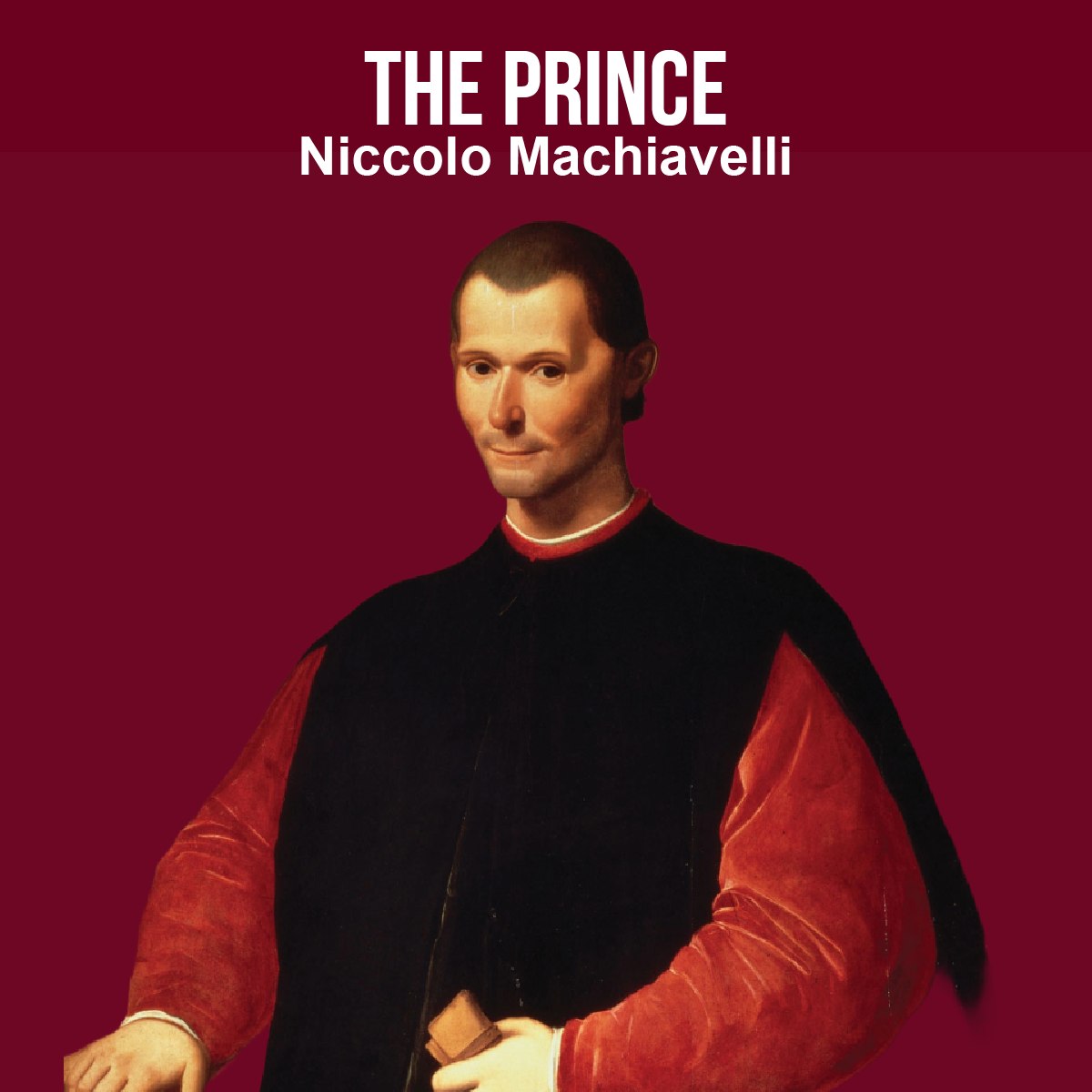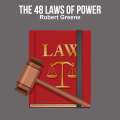Have you ever wondered how certain world leaders manage to hold on to absolute power despite violating human rights and breaching international law? Niccolò Machiavelli might have offered a simple answer: these leaders are masters of the political game called power.
Written in 1513 while Machiavelli was serving as a secretary in Florence, The Prince quickly sparked widespread debate. At its core, the book explores what Renaissance rulers needed to do to gain and maintain dominance. According to Machiavelli, a strong state requires a leader who is willing to preserve their rule at any cost. He argues that a ruler may deceive, manipulate, suppress, and even eliminate opponents if these actions serve the stability of the state. Understandably, such ideas have led many to accuse him of encouraging cruelty.
But Machiavelli is not an advocate of brutality for its own sake. Nor does he justify all forms of violence. Still, in his analysis of statecraft, he does not rely on Christian moral principles. Instead, he approaches leadership from a realistic—and often ruthless—perspective. His name even gave rise to the term Machiavellian, now synonymous with cunning, ruthless rulers who pursue their goals by any means necessary.
Machiavelli emphasizes that rulers should learn to embody virtue—but also be ready to abandon kindness, compassion, and honesty when the situation demands it. In his view, maintaining and expanding power sometimes means playing a role and setting morality aside.










